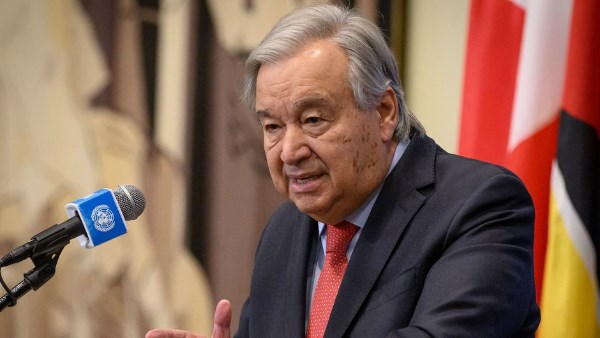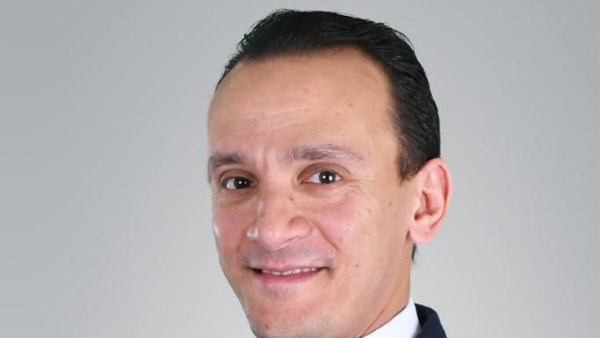Chicago’s High Property Taxes Pay for Squeezed Retiree Benefits

The U.S. economy is on a multi-speed track as minorities in some cities find themselves left behind by the overall boom in hiring, according to a Bloomberg analysis of about a dozen metro areas. Chicago may finally be on a path to adequately funding its four city employee pensions -- but getting there is likely to come at the expense of homeowners who already pay some of the highest property tax rates in the nation. That’s because city leaders will decide in the next few months whether to enact a 2.5% hike, effective Jan. 1, 2023, with the entire $42.7 million increased levy going to the third-largest US city’s woefully underfunded pensions. The decision would come at a time when most Chicagoans’ wallets are being stretched thin by soaring inflation. The potential hike, proposed by Mayor Lori Lightfoot, is half of what the city is allowed to impose under an ordinance tying property taxes to inflation. But even so, after years of increases many homeowners are tired of paying for retiree benefits that they themselves won’t access for years. “I’m really upset about it. My property taxes are the same as my mortgage. I pay $20,000 a year in property taxes, and I see no public services that associate with that volume of finance that I’m giving to the city,” said Alexander Christine, a technology professional who has owned a home west of Bucktown for two years. So Christine said he is planning to move out of the city -- the 13th highest in the nation for property taxes, according to the Lincoln Institute of Land Policy and Minnesota Center for Fiscal Excellence, which also ranks Illinois second among US states. ‘Too High a Burden’ In the 2022 fiscal year, more than 80% of property taxes collected went toward city employee pensions, according to an analysis from the watchdog Civic Federation -- an unusually high share that has nearly doubled since 2013 and makes Chicago “unique” among US cities, said Justin Marlowe, a public finance research professor at the University of Chicago. Municipal finance researchers and watchdogs said Lightfoot deserves credit for helping the city climb its pension ramp, growing annual pension contributions to get them closer to 90% funded on an actuarial basis. The city paid a little over $1.8 billion to its four funds in 2021, a more than threefold increase since 2012, according to the city’s budget. This year, it is expected to pay nearly $2.3 billion -- up nearly $1 billion from three years prior. Local officials say that the sharp spending increases over the past decade will allow for more gradual growth going forward. But it still hasn’t been enough. According to the city’s annual financial report, Chicago’s pension for firefighters was funded at 20.9% as of December 2021; for municipal employees, at 23.4%; for police at 23.5% and for laborers at 45.9%. Those low ratios coupled with rising liabilities -- $33.7 billion across the four funds -- are among the biggest strains on the city’s credit rating, said S&P Global Ratings, Fitch Ratings and Moody’s Investors Services last year. The trio rates Chicago’s credit outlook stable. The Windy City’s credit rating is low because of “the expenditure framework and long-term liability burden -- and both of those are held back by, basically, debt service and payments for retiree benefits,” said Ashlee Gabrysch, director of US public finance and regional Midwest manager at Fitch. If Chicago continues to make actuarially determined contributions, funded ratios for its four pensions will reach 90% by the 2050s as required by state law -- a “less than ideal” end goal, Gabrysch said, but one that is perhaps more achievable for the city than 100%. To help reach that funding threshold, Lightfoot championed an ordinance tying property taxes to inflation with a cap of 5%. The law produced a modest 1.4% increase when it went into effect in January but would have triggered a staggering $85.5 million hike for 2023 after a summer of record inflation. When that amount was reported in July, Downtown Alderman Brendan Reilly, who represents neighborhoods including the Loop, Magnificent Mile and other commercial areas in Chicago, introduced legislation to repeal the ordinance in its entirety. Reilly was among 21 members of the alder to vote against the original tax law, which passed as part of the 2021 budget. Even Lightfoot opted for half of the 5% cap this coming year, noting that such an increase would be “too high a burden for our taxpayers to bear.” The mayor’s office didn’t respond to requests for comment. Although Lightfoot chose not to seek the full increase for 2023, Marlowe said, the ordinance gives City Hall the option to keep pace with mechanical increases in pensions and other spending items. “It’s not a terrible place, necessarily, to be from a fiscal policy standpoint,” he said. “But politically, we don’t talk about it that way. Politically what you get is [that] we’re holding the line on taxes.”
Mounting Pension Obligations
With a 2.5% increase, the city’s spending would far outpace its revenue growth, said Christopher Berry, academic director of the University of Chicago’s Center for Municipal Finance. Chicago’s spending is expected to grow by 5.7% in 2023 and 13.5% in 2025 over this year’s numbers, according to the budget forecast. The city’s deficit, after shrinking significantly this year to $128 million, is projected to more than quadruple over the next three years to $553.7 million -- driven by rising pension costs and the expiration of one-time federal stimulus funds, budget director Susie Park recently told the city council. Meanwhile, Chicago has been exploring alternative ways to fund its struggling pensions. Bally’s Corp. is building a casino resort in Chicago and in June made its first $40 million payment to the city for its $1.7 billion project. Proceeds of the casino will support the city’s pensions, but even the most optimistic casino revenue projections would only fund 9% of Chicago’s future pension obligations, the city’s Chief Financial Officer Jennie Huang Bennett said in May. And those obligations could sharply increase, Marlowe warned, as volatility in the stock market threatens to upend years of financial planning. Chicago’s municipal employees’ fund was down 7.9% as of May 31, while the firemen’s fund was down a staggering 15.8% as of June 30, according to nonprofit research firm Equable Institute, as surging inflation and growing fears of a recession hammered the bond market and drove stocks to their steepest quarterly decline since the first wave of Covid-19 in early 2020. Despite the uphill battle, Lightfoot has done a good job maintaining pensions, Marlowe said. But given the changing macroeconomic environment, he said, there is a deeper central question: “Is keeping true to the existing policy going to be enough?”


















